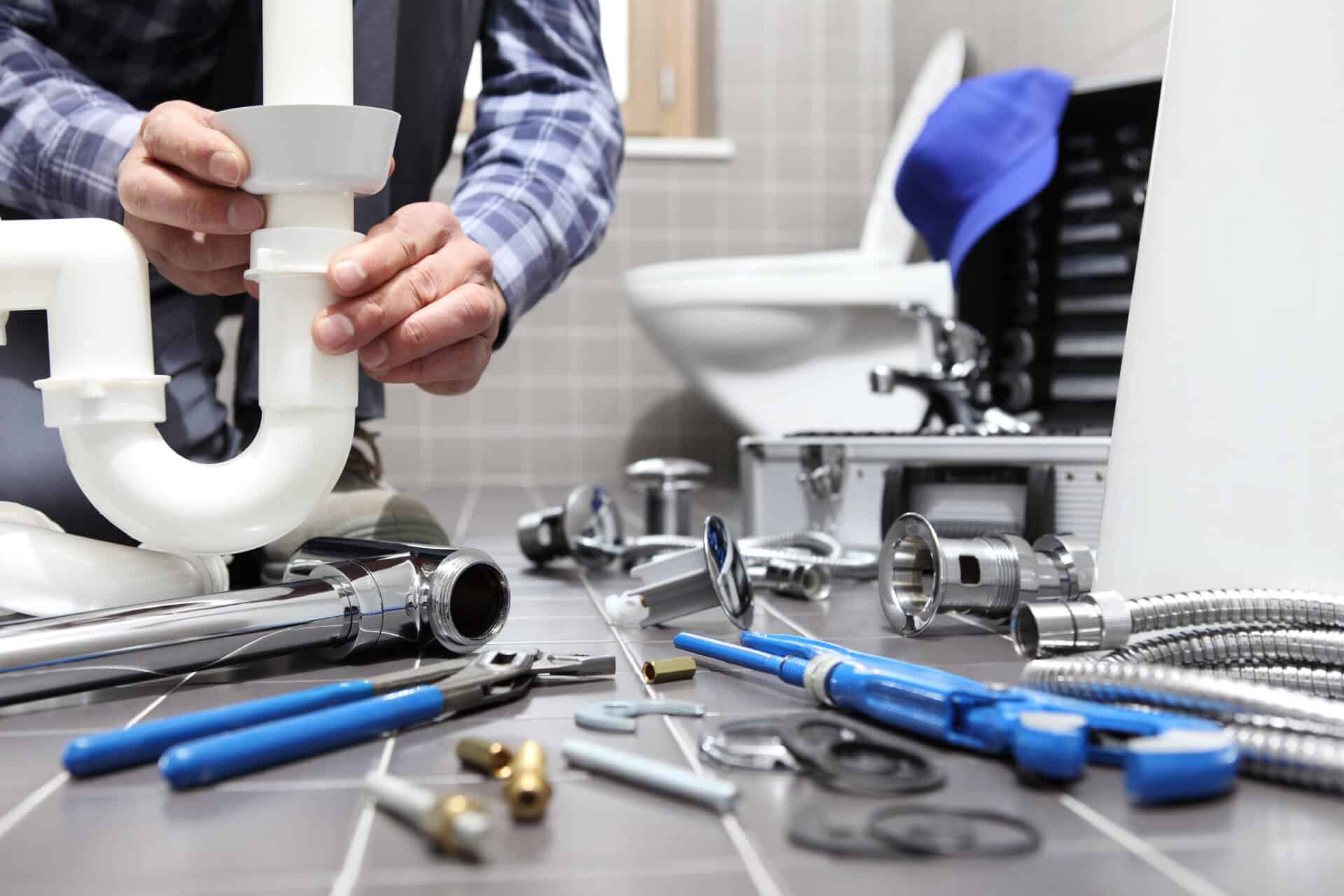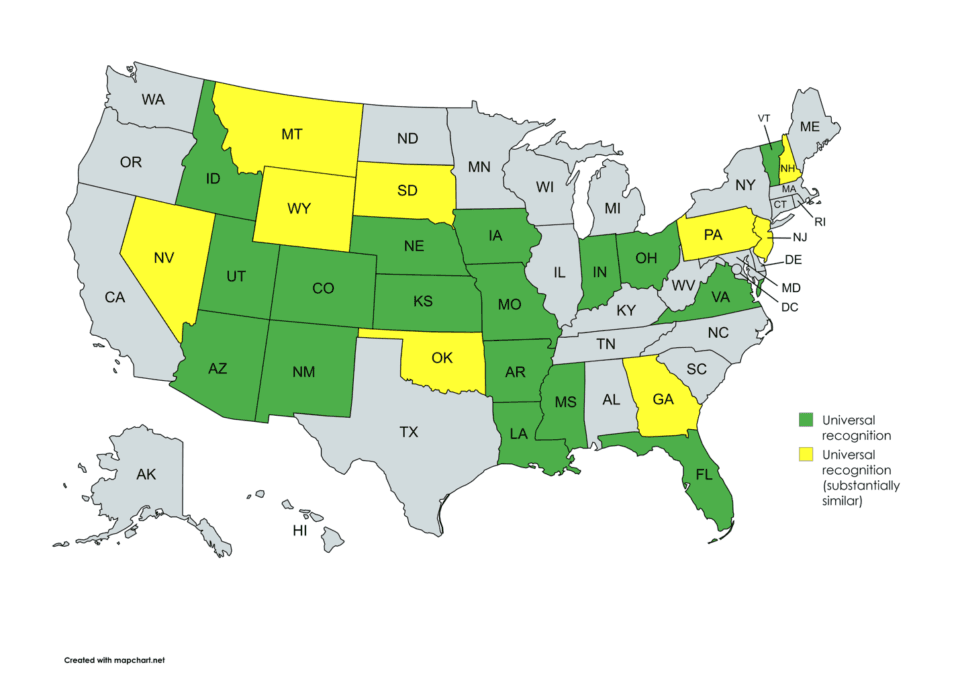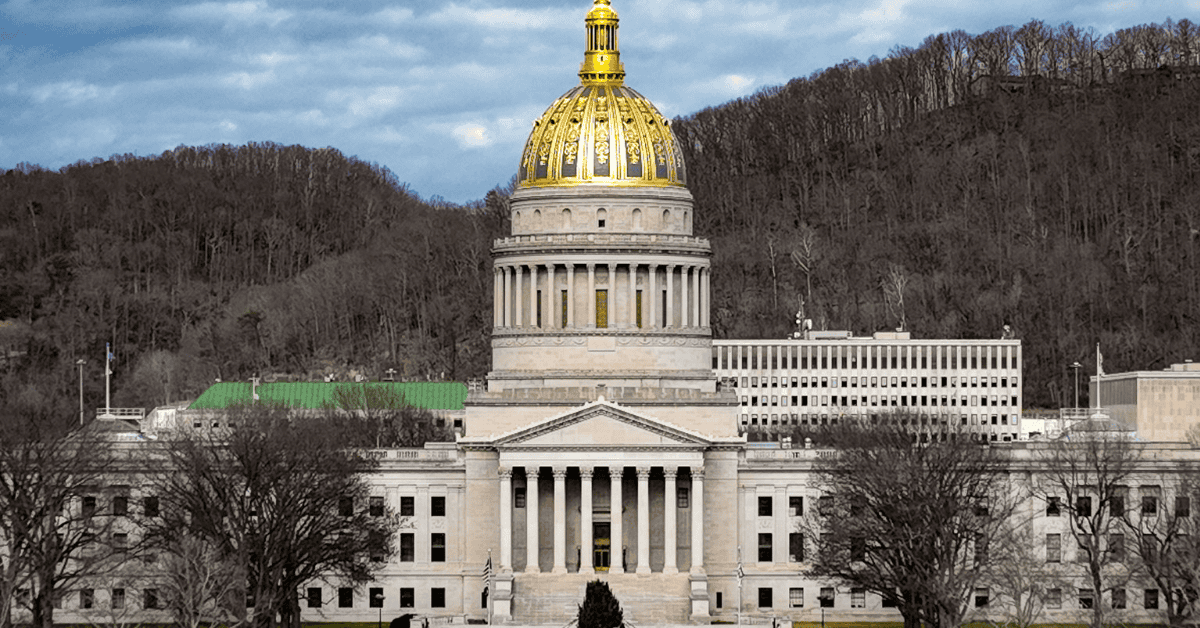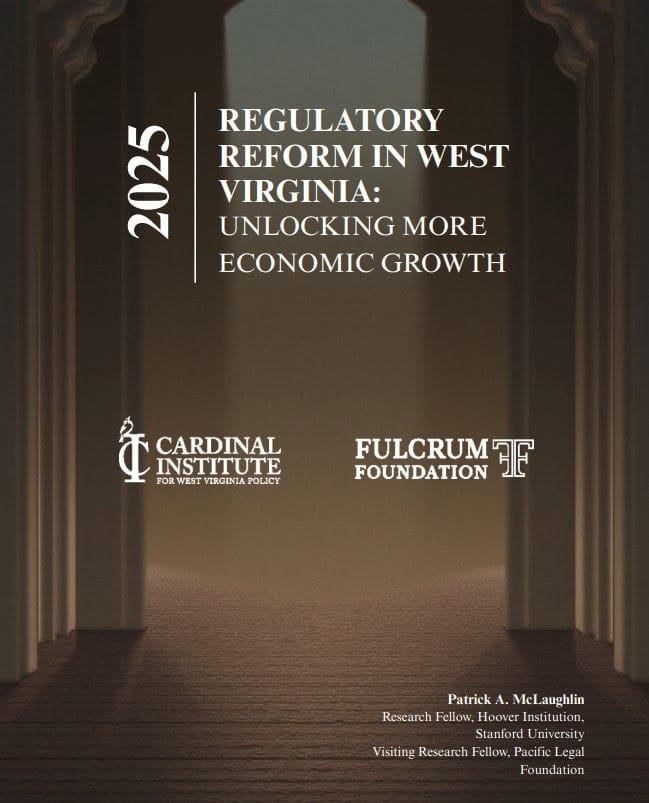
Universal Licensing Recognition and Why West Virginia Needs It
Universal Licensing Recognition and Why West Virginia Needs It
What is occupational licensing?
Fundamentally, an occupational license is a permission slip from the government to work. About 1 out of 5 workers in the United States require an occupational license to practice in their given profession. For those occupations requiring a license, performing such work without the license brings severe repercussions, including fines or imprisonment. In other words, it is genuinely illegal to work in these fields without a license.
While the nature of these professions varies little from state to state, the standards for licensing do. Moreover, states don’t always recognize the licenses that have been issued in other states. These aren’t like your driver’s license, which can easily be transferred if you move across state lines. Often, workers are required to go through the licensure process again when they establish residency in a new state. This means they must spend precious time and resources on educational requirements and exams before legally returning to work in that same field.
What is Universal Licensing Recognition?
This is a piece of legislation that states can pass that recognizes licenses in good standing from another state. Recognition streamlines licensed workers into their professions and back into the workforce upon moving to a new state.
Arizona led the way in 2019 with their landmark reform, becoming the first state to implement such a policy. Since then, the Goldwater Institute and the Institute for Justice have teamed up to write model legislation to help other states advance the same policy reform.
In this model, a state will recognize an out-of-state occupational license if:
- The worker is currently licensed in another state
- The worker has been licensed for at least 1 year
The key element in universal licensing recognition is that state legislators enact the policy unilaterally. Put casually, they tell out-of-state workers, “If you’re licensed elsewhere and have been for at least a year, we welcome those talents here. Better yet, we’ll help you get back to work quickly.” Recognition doesn’t require other states to enter compacts or reciprocity agreements with other states and/or their respective licensing entities.
As of September 2024, universal recognition has been implemented in 26 states.

West Virginia has taken partial steps toward universal licensing recognition by passing HB 4634 during the 2022 Legislative Session. This applied universal recognition to HVAC and electrician occupations, found in Chapters 21 and 29 of the West Virginia Code, respectively. However, this does not extend to all licensed occupations, notably excluding all found within Chapter 30 of the West Virginia Code.
As Governor Morrisey and the newly seated legislature get to work in the 2025 Legislative Session, universal licensing recognition needs to be a priority. With its splendid natural beauty, friendly residents, affordable cost of living, proximity to half of the nation’s population, and a decade’s worth of policy changes making the state ever more competitive relative to its neighbors, West Virginia has the potential to attract new residents.
One of the best welcome gifts we could offer is making it easier for them to earn an honest paycheck as soon as they get settled by recognizing their skills and talents just like their last home state did.
Written by: Jessi Troyan, Director of Policy and Research for the Cardinal Institute for West Virginia Policy








